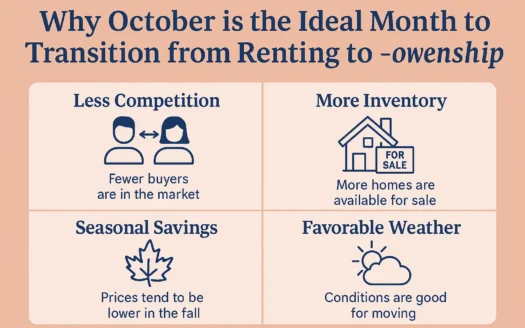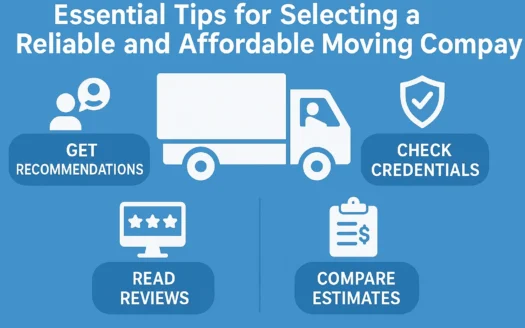Congratulations! You’ve Just Completed the Exciting Process of Buying a Brand New Home!

Congratulations! You’ve Just Completed the Exciting Process of Buying a Brand New Home!
The big day has arrived – it’s time to move in! For new homeowners who want to avoid the heavy lifting (literally), hiring movers will make your move easy.
What to Consider When Hiring a Moving Company
Here are the main factors to consider when hiring a professional moving company to ensure you’ll get reliable help and the most for your money.
Phone vs. Visual Cost Estimates
Some companies will attempt to provide a cost estimate over the phone or via a website form. Others insist on sending an agent to visually inspect your items for a more accurate estimate. Always prioritize companies that offer in-home estimates to avoid future stress and confusion.
Type of Cost Estimate: Weight or Cubic Feet?
Estimates are calculated by total weight (more accurate) or total cubic feet (subjective, influenced by packing methods). Weight-based estimates are easier to verify post-move.
Type of Cost Estimate: Binding or Non-Binding?
Non-Binding Estimates: Subject to change if the company deems the original estimate incorrect. While occasionally cheaper, these often result in higher final costs.
Binding Estimates: Lock in the price upfront, offering peace of mind despite potentially higher initial quotes.
Binding Not to Exceed Estimates: Include refunds if actual costs are lower. Ask for this option, as it’s rarely offered upfront.
Additional Services Costs and Fees
Watch for extra charges like packaging, long carry distances, stair fees, or parking limitations. Clarify these during the estimate process.
Is the Company Legit? What to Look For
- The company’s full legal name and any alternate business names.
- Physical office address, phone numbers, website, and email.
- References with valid contact information.
- MC and USDOT license numbers for verification.
- A copy of the agent’s inventory list for accuracy checks.
What Does Moving Insurance Cover?
Most states require movers to include declared liability coverage ($0.60 per pound per item). This is often insufficient, so consider additional valuation insurance. Check your homeowner’s policy for potential coverage overlaps.
Packed by Owner (PBO): Self-packing may void damage claims. Insurers typically only cover lost items, not damages, for PBO boxes. Let movers pack fragile or valuable items.
What About Moving Pods?
Moving pods offer flexible loading schedules and storage options. They require a permanent drop-off area (challenging for apartments) but are ideal for self-paced moves. Compare pod logistics and costs with traditional moving services.
If you decide not to hire professional movers, explore additional advice in our dedicated article.




